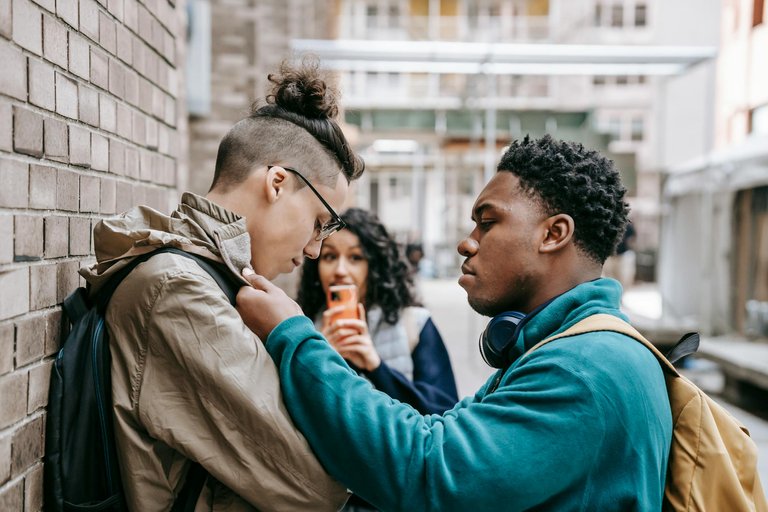Victimization is a phrase that encompasses all the behaviors that lead to the exploitation of another person, with the latter experiencing some form of emotional, psychological or even physical abuse. It is a subject that affects many people, leaving them with terrible marks. In this post, we will discuss the forms of victimization as well as its effects on victims. Zeroing in on the different forms of victimization, each has its problems depending on individual experiences.
One of the common forms of victimization is bullying which occurs mostly among children and teenagers. Bullying can be of different forms including using force, threat or abuse that affect the psychological well-being of a person. In the work context, workplace harassment is a major concern where discrimination and unfair treatment can harm an individual both internally and externally. Domestic abuse is another form of victimization. This happens in relationships in the forms of physical aggression, emotional abuse, or behavioral control. This form of victimization rarely gets reported as such but has significant impacts on the victim’s life. Also, with the advancement of technology, there is a fast emergence of a new form of victimization called cyber bullying, through which people use social networks to harass others with ease due to anonymity.

Source
The effects of victimization are long-term and they can be realized across the individuals’ daily functioning. The victims are at a high risk of being depressed, developing anxiety as well as suffering lowered self-esteem. That’s why many victims experience various psychological disorders, have problems in building relationships, get bored at work, and sometimes even attempt suicide. Victimization inflicts internal wounds that can only last for a really long time.
The subject of victimization valla for a sensitive approach and action. That is why listening and acknowledging their emotions and experiences without judgment is a sensible action. Kind actions like counseling or legal aid and supportive structures like shelters or group therapies will go a long way as victims will once that they are not the only ones that face victimization.
Another good practice is educating victims on the importance of reporting such cases to relevant agencies. This may not be easy to do but it has to be done since it is the only way that we can break the cycle of victimization. Also, we should support and contribute to the passing and implementation of policies and programs, which seek to reduce the chances and incidence of victimization, and give victims protection. This can range from pushing for higher standards of prevention and combating bullying in school, workplace or in the community or even for improved mental health care services.

Soirce
Of course, sexual victimization is a thing and needs to be talked about too. Victims of sexual violence should not be shut out but loaned to and given a shoulder to lean on. Even further, the culprits of these crimes should be brought to book and prosecuted. Small and slow progress is better than no progress at all.
Finally, we should understand that victimization interferes with other people’s lives in different ways, causing serious injuries in their minds. When we hears of a victim’s story, we should listens, engage them, provides help and reports cases of sexual harassment, help in the process of making society sensitive towards victims thereby working towards change. It is possible to prevent victimization if we as a community support the change and join the effort of taking action to make a difference!
Posted Using InLeo Alpha
Posted Using InLeo Alpha



